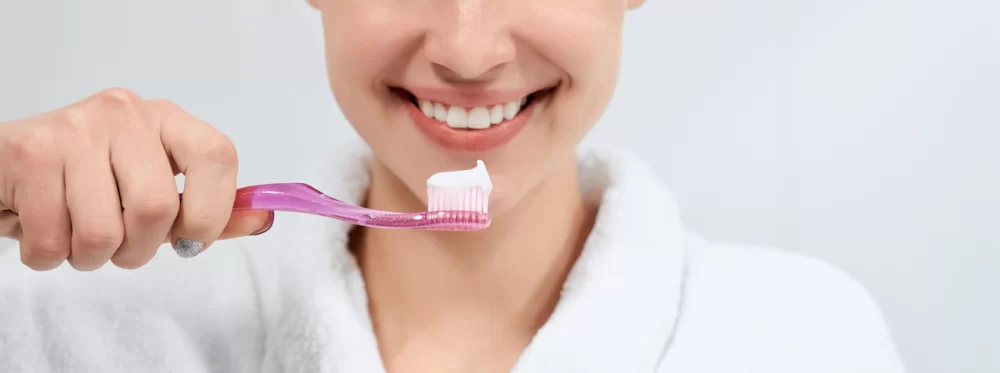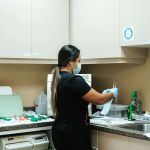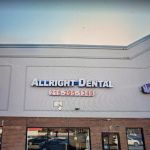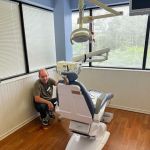
- understanding-the-role-of-bristle-texture
- how-soft-bristles-protect-enamel-and-gums
- real-world-experience-with-soft-bristled-toothbrushes
- choosing-the-right-soft-toothbrush-for-you
- what-dentists-say-and-where-to-find-them
1. Understanding the Role of Bristle Texture
The conversation around oral hygiene often revolves around how often we brush, but less attention is given to what we use. One key question that deserves more awareness is: What are the benefits of using a soft-bristled toothbrush? For starters, toothbrush bristle texture plays a significant role in both cleaning efficiency and gum health. Unlike hard or medium bristles that can be too abrasive, soft-bristled toothbrushes offer a gentler, yet equally effective, way to clean your teeth.
Scientific studies and dental professionals agree that soft bristles are less likely to cause gum recession or damage enamel. In fact, many dental associations explicitly recommend soft-bristled options for both children and adults. And for those with sensitive teeth or recovering from dental procedures, soft bristles can be not just helpful but essential.
2. How Soft Bristles Protect Enamel and Gums
2.1 The Science Behind Gentle Brushing
Aggressive brushing with hard bristles can wear down enamel—the outer layer that protects your teeth from decay. Once enamel is gone, it doesn’t grow back. Soft bristles, when used correctly, provide enough friction to remove plaque while preserving the integrity of your tooth surface.
2.2 Gum Recession and Its Long-Term Impact
One of the silent threats to a healthy smile is gum recession. Many people unknowingly damage their gums with stiff brushes. This damage leads to increased sensitivity and exposes the root of the tooth, which can eventually lead to more serious dental issues. Soft-bristled toothbrushes minimize this risk by gliding smoothly along the gumline without causing trauma.
2.3 Ideal for Orthodontic or Post-Surgical Care
Individuals with braces, implants, or those recovering from gum surgery often require a delicate touch. In these cases, a soft-bristled toothbrush becomes more than just a preference—it becomes a medical necessity. Many orthodontists recommend specialized soft brushes for these patients to ensure safety and cleanliness.
3. Real-World Experience with Soft-Bristled Toothbrushes
Take the example of Chris, a 45-year-old software engineer who used hard-bristled brushes for most of his life. Despite being diligent about brushing twice a day, he noticed his teeth becoming more sensitive over time. His dentist pointed out enamel loss and gum recession and recommended switching to a soft-bristled toothbrush. Within just three months, Chris reported less sensitivity and improved gum condition.
Stories like Chris’s are not uncommon. Many users who transition to soft-bristled brushes find they not only maintain their oral hygiene more comfortably but also develop a more mindful brushing technique. If you're looking for the right soft-bristled toothbrush or professional guidance, Dentistry Toothtruth offers a curated selection of trusted products and services tailored for optimal gum and enamel health.
4. Choosing the Right Soft Toothbrush for You
4.1 Manual vs. Electric: What’s Better?
Both manual and electric soft-bristled toothbrushes have their merits. Electric options often come with pressure sensors and timers to help users avoid brushing too hard or too long. However, a high-quality manual soft brush with rounded bristles can be just as effective when used correctly.
4.2 Bristle Shape and Handle Design
Look for toothbrushes with rounded, polished bristle tips. These are gentler on your gums and less likely to cause microtears. Ergonomic handles can also help maintain the proper grip and angle while brushing, especially for older adults or those with arthritis.
4.3 Frequency of Replacement
Even soft-bristled brushes wear out. Dentists recommend replacing your toothbrush every 3 to 4 months, or sooner if the bristles appear frayed. A worn-out brush not only becomes less effective but may also become rough on your gums despite being “soft.”
5. What Dentists Say and Where to Find Them
5.1 Professional Endorsements
Most dental professionals advocate for the use of soft-bristled toothbrushes for daily use. The American Dental Association, for instance, clearly endorses soft-bristled brushes as the safest and most effective choice for the general population.
5.2 Pediatric and Geriatric Recommendations
Children’s developing gums and elderly individuals’ sensitive dental conditions make soft bristles the safest bet across generations. Specialized brushes are even designed to cater to each age group’s specific needs.
5.3 Find the Right Tools at the Right Place
For those unsure where to begin, Dentistry Toothtruth provides expert-curated tools, brushes, and oral care accessories. Whether you need a basic soft-bristled brush or one customized for post-surgery care, they offer recommendations you can trust.







 Smiles on Randall4.0 (420 review)
Smiles on Randall4.0 (420 review) Genesis Dental of Magna4.0 (949 review)
Genesis Dental of Magna4.0 (949 review) Carp Dental4.0 (843 review)
Carp Dental4.0 (843 review) ALLRIGHT DENTAL4.0 (90 review)
ALLRIGHT DENTAL4.0 (90 review) Ocean Pediatric Dental Associates4.0 (411 review)
Ocean Pediatric Dental Associates4.0 (411 review) Kids Dental Land4.0 (602 review)
Kids Dental Land4.0 (602 review) The Importance of Oral Health Education During Pregnancy for a Healthy Pregnancy
The Importance of Oral Health Education During Pregnancy for a Healthy Pregnancy Best Tips for Brushing Your Teeth Properly for Healthy Gums: Essential Techniques for Oral Health
Best Tips for Brushing Your Teeth Properly for Healthy Gums: Essential Techniques for Oral Health Why Skipping Dental Checkups Can Lead to Bigger Oral Health Problems
Why Skipping Dental Checkups Can Lead to Bigger Oral Health Problems Advantages of Porcelain Dental Restorations
Advantages of Porcelain Dental Restorations How Can Diabetes Cause Tooth and Gum Problems? Preventing and Managing Oral Health Issues
How Can Diabetes Cause Tooth and Gum Problems? Preventing and Managing Oral Health Issues Healthy Habits for Promoting Good Oral Health and Hygiene: Tips for a Healthy Smile
Healthy Habits for Promoting Good Oral Health and Hygiene: Tips for a Healthy Smile